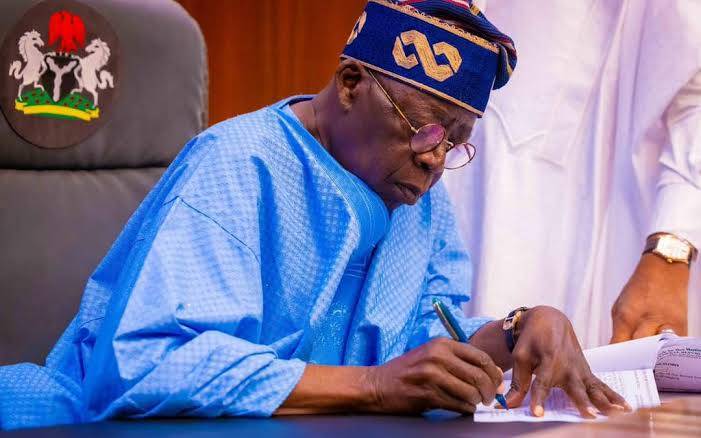Nigerian Government Vows To Repay China, France, IMF, And World Bank Debts In 2025
The Nigerian government has announced its readiness to commence repayment of debts owed to China, France, the World Bank, and the International Monetary Fund (IMF) in 2025. This declaration underscores the administration’s commitment to maintaining fiscal discipline and meeting international financial obligations amid concerns about the country’s rising debt profile.
This move comes as Nigeria faces mounting pressure to address its growing external debt, which has been incurred over the years to fund critical infrastructure projects and stabilize the economy. Loans from these international creditors have played a pivotal role in financing initiatives such as rail systems, road construction, and power generation, aimed at bridging the infrastructure deficit in Africa's largest economy. While these projects are viewed as essential for long-term economic growth, the associated debt has sparked debates about sustainability and repayment capacity.
Officials have reiterated that the repayment schedule aligns with a broader economic recovery plan designed to enhance revenue generation and reduce reliance on external borrowing. The government has pointed to ongoing efforts to diversify the economy, particularly by strengthening the non-oil sector, improving tax collection, and fostering public-private partnerships to fund future development projects. These measures, they argue, are necessary to balance the nation's debt obligations with its developmental priorities.
Economic analysts have highlighted the importance of the 2025 repayment timeline, noting that it sends a positive signal to international creditors and investors. It demonstrates Nigeria’s determination to maintain its creditworthiness and uphold financial agreements despite prevailing economic challenges. However, experts have also cautioned that timely repayment will require strategic fiscal management, robust economic reforms, and an unwavering commitment to addressing structural weaknesses in the economy.
The government’s readiness to meet these obligations reflects its acknowledgment of the critical role international creditors play in Nigeria’s economic development. Repaying the loans on schedule could strengthen relationships with these partners, potentially opening doors for future collaborations under more favorable terms. However, it also places additional pressure on fiscal resources at a time when the nation is grappling with inflation, high unemployment, and fluctuating global oil prices.
Citizens and civil society groups have expressed mixed reactions to the announcement. While some view it as a necessary step to preserve the country's reputation and attract further investments, others have voiced concerns about the potential impact on social spending and poverty alleviation efforts. Balancing debt repayment with the need to address pressing domestic issues will likely be one of the administration’s most significant challenges in the coming years.
As the 2025 repayment timeline approaches, all eyes will be on the government’s ability to deliver on its promise while navigating the complexities of global economic dynamics and local demands. The stakes are high, but the commitment to repay these debts could mark a pivotal moment in Nigeria’s economic journey, setting the stage for a future of greater financial stability and sustainable development.




No comments yet
Be the first to share your thoughts!